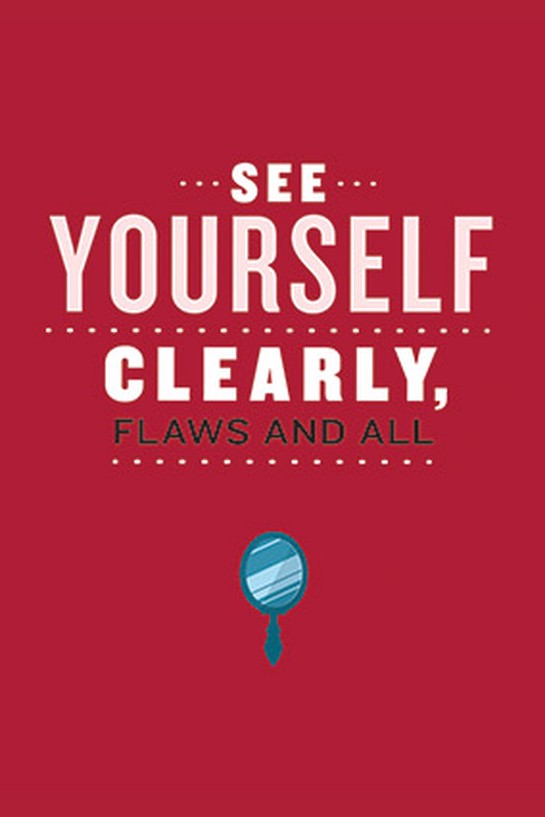Dr. Phil: 6 Steps to Self-Assurance
Dr. Phil points you in the direction of a deeper, stronger faith in yourself.
By Dr. Phil McGraw
Know thyself.
Once you're aware of your strengths, you need to identify your weaknesses—and with good reason. The mere fact that we understand who we are, for better or for worse, has been found to improve self-esteem. Though it's in our nature to self-criticize, we also sometimes lie to ourselves about our talents, the real price of certain less-than-ideal aspects of our lives, and our true character traits. Facing your flaws means looking at patterns in your life. Are you often accused of, say, stubbornness, indecision, or hot-temperedness? Do you end up in the same old conflicts with partners, friends, or coworkers? Figure out how you're contributing to those situations, and you'll likely identify what traits you need to address.
Hiding the truth requires a lot of energy.
It can be emotionally, spiritually, and even physically taxing to convince yourself an issue doesn't exist or will resolve itself on its own. Think back to when you were a kid playing in a swimming pool and you tried to hold a beach ball underwater. You'd get worn out pushing the ball down as its buoyancy forced it to the surface. Likewise, any imperfection you try to hide—whether it's a character flaw or a part of your past you'd rather not acknowledge—will most likely pop up again. Confidence takes commitment. You can't spend 50 percent of your time projecting your best assets and 50 percent obscuring the truth and still expect to strengthen your self-esteem.
Once you're aware of your strengths, you need to identify your weaknesses—and with good reason. The mere fact that we understand who we are, for better or for worse, has been found to improve self-esteem. Though it's in our nature to self-criticize, we also sometimes lie to ourselves about our talents, the real price of certain less-than-ideal aspects of our lives, and our true character traits. Facing your flaws means looking at patterns in your life. Are you often accused of, say, stubbornness, indecision, or hot-temperedness? Do you end up in the same old conflicts with partners, friends, or coworkers? Figure out how you're contributing to those situations, and you'll likely identify what traits you need to address.
Hiding the truth requires a lot of energy.
It can be emotionally, spiritually, and even physically taxing to convince yourself an issue doesn't exist or will resolve itself on its own. Think back to when you were a kid playing in a swimming pool and you tried to hold a beach ball underwater. You'd get worn out pushing the ball down as its buoyancy forced it to the surface. Likewise, any imperfection you try to hide—whether it's a character flaw or a part of your past you'd rather not acknowledge—will most likely pop up again. Confidence takes commitment. You can't spend 50 percent of your time projecting your best assets and 50 percent obscuring the truth and still expect to strengthen your self-esteem.
From the April 2013 issue of O, The Oprah Magazine


